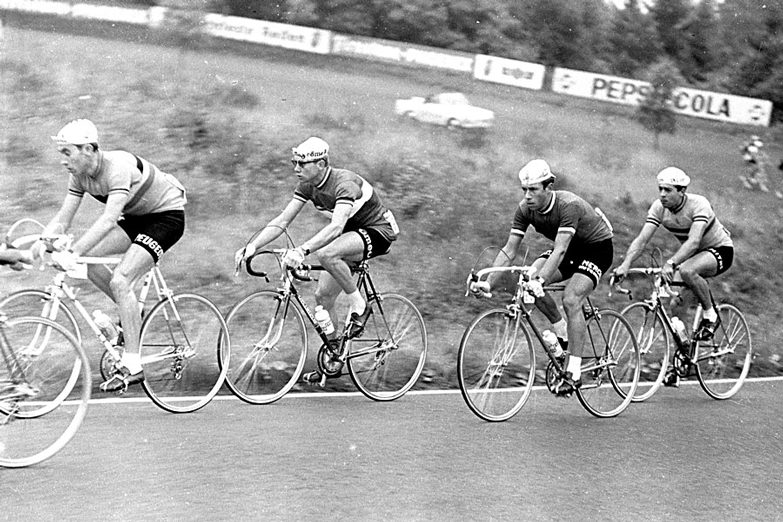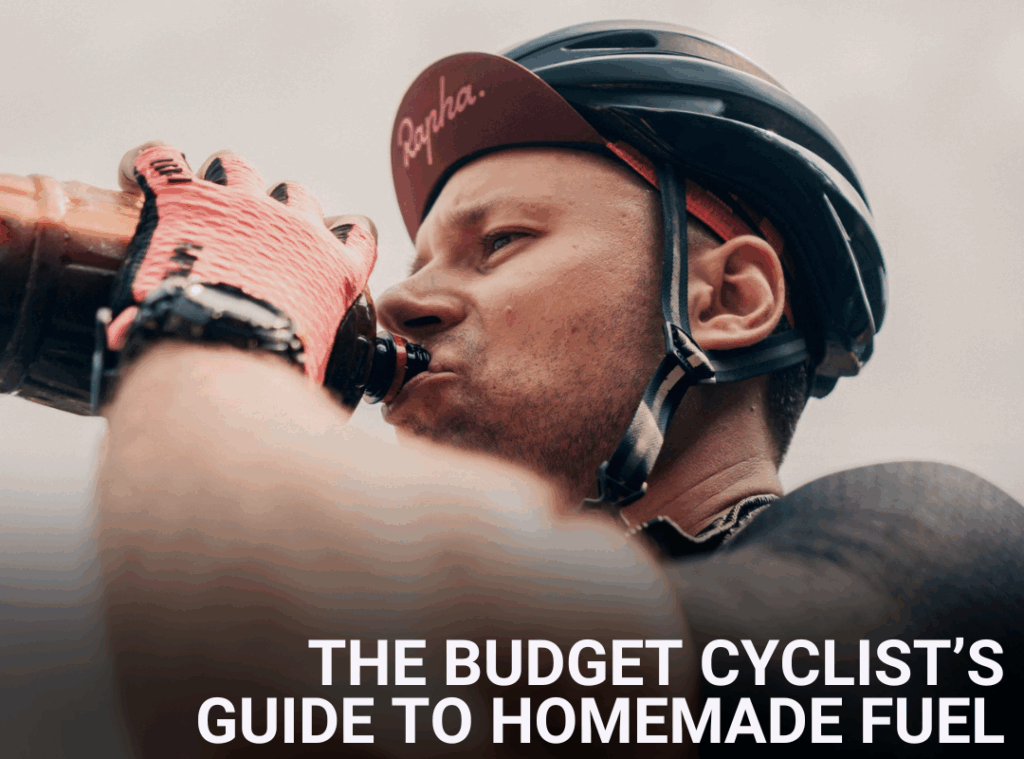Flattening steep inclines and ascending challenging hills is a true test of a cyclist’s strength, endurance, and mental fortitude. Whether you’re a seasoned rider looking to enhance your climbing prowess or a newcomer eager to tackle some iconic ascents, this article will hopefully help put you on the right track to success!
Train and Build Endurance
Let’s start with the basics. As with any sport, to be able to perform to a good level, you need to put the hours in. Cycling is no different. Before you start any intensity work, having a solid foundation of fitness is going to make all the difference. Additionally, if your body is conditioned to ride the bike, you’re less likely to injure yourself when you do up the ante. Including hill repeats into your rides is going to be a good place to start. Gradually increase the duration and intensity of your climbs as you progress.
Power-to-weight ratio
The elephant in the room, so to speak. Ultimately, your power-to-weight ratio will dictate the speed at which you’re able to ascend. Aero aside, A 70kg rider riding at 250 watts for 20 minutes will go uphill quicker than an 80kg rider who is putting out the same power. It’s no secret that cycling in the pro ranks demands riders to watch their diet very carefully and that eating disorders are not uncommon. If you think that you need to lose weight, please consult a professional dietician and coach to ensure you’re doing this safely.
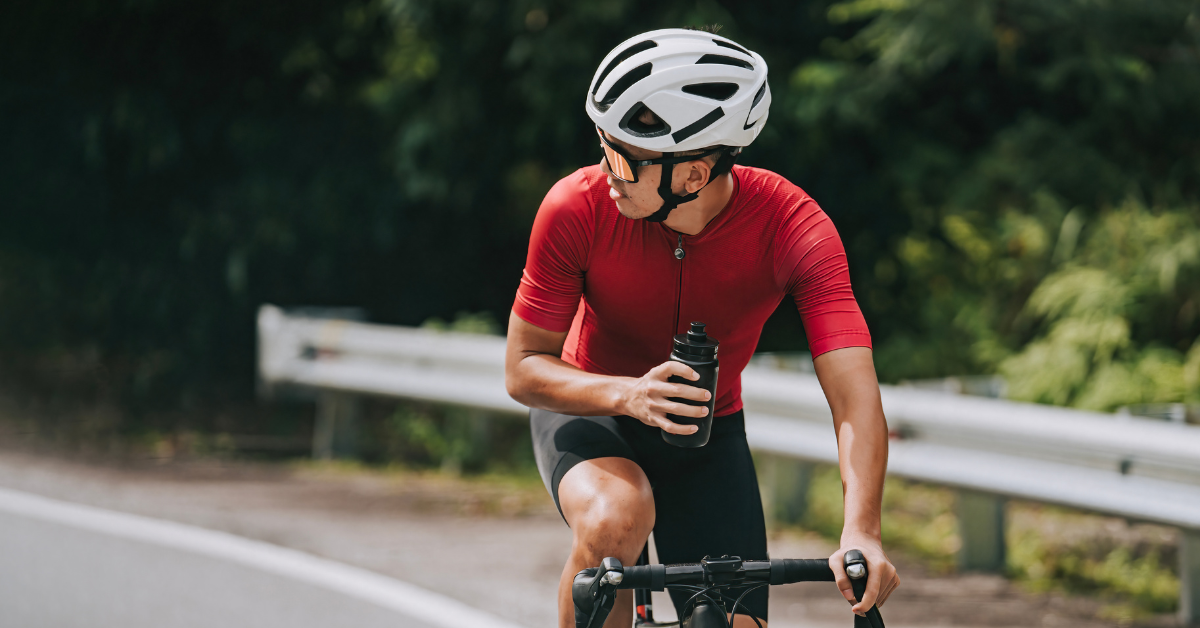
Get to the gym
When incorporating strength training into your cycling routine, it’s important to focus on exercises that target the muscles used in cycling. Strength training helps increase the force you can generate with each pedal stroke, allowing you to produce more power. This in turn will help with your sprinting and hill climbing. Let’s also not forget that strength training will help maintain a healthy bone density
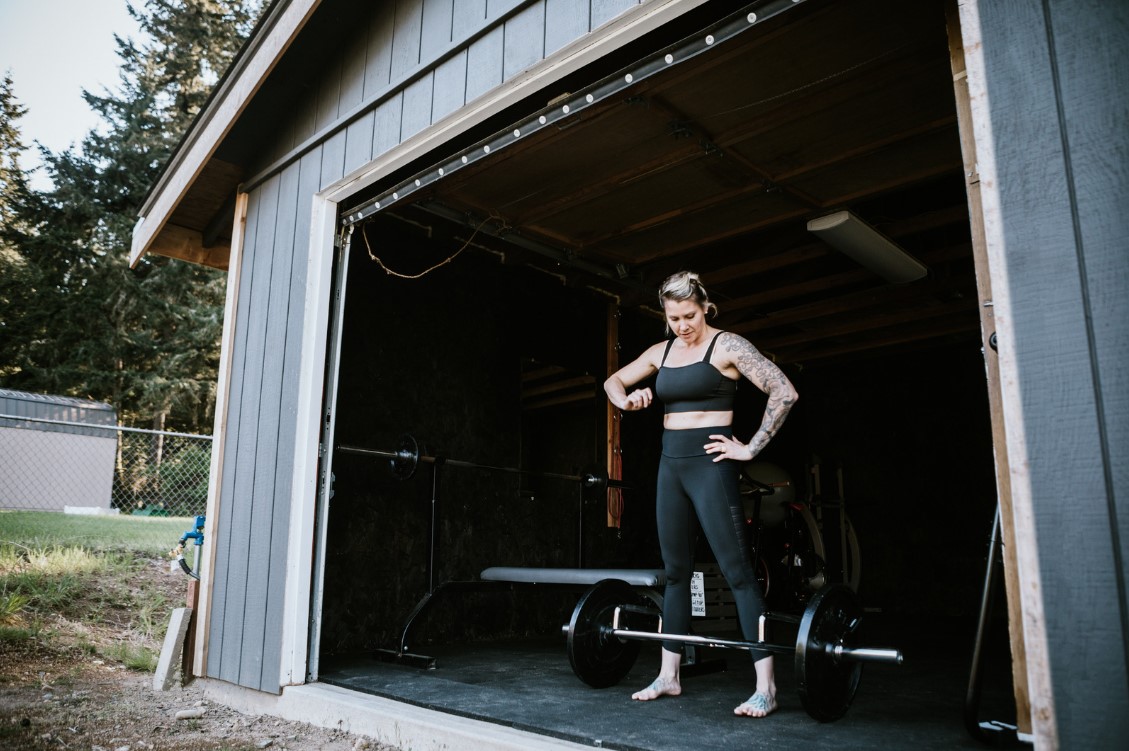
Fuel the fire
An internal combustion engine won’t run without fuel and neither will your body. Therefore, proper fuelling is important for success during long rides, whether you’re tackling hills or cruising on the flat. Running low on energy is especially challenging when you’re facing inclines. If you haven’t been consistently eating and drinking throughout your ride, it can even lead to a complete stop. if you’re feeling depleted, head straight to the café for some cake!
The ability to effectively absorb nutrients you consume is closely tied to pacing. When you’re pushing yourself hard, especially during climbs, you need to keep eating. Take advantage of any flat stretches and downhill sections to replenish your energy reserves. If you must eat while ascending, be prepared to slightly reduce your pace to ensure you’re able to maintain your energy levels. That being said, a handful of sweets mid-way up a climb can also act as a brilliant moral boost.

Spin to win
First things first, to go anywhere fast on a bike, you need to be pedalling efficiently. With many climbs in the UK being so steep and alpine climbs being so long, having the ability to ‘get on top of the gear’ will make all the difference. This means having adequate gear ratios to allow you to pedal at your optimum cadence (on average between 70-95 rpm) whilst ascending. The days of riding a 39×53 up front with an 11-23 cassette on the back are pretty much done and dusted. You only have to take a look at the setups that the pros use on mountainous stages to get the point.

Horses for courses
If your training objective is to sail up long alpines climbs, then you’ll need to prioritise extended and consistent efforts at your functional threshold power (FTP ) along with a substantial emphasis on zone 2 rides to enhance your endurance.
Functional threshold power, commonly known as FTP, represents the consistent wattage output a cyclist can maintain over an hour. It serves as a dependable indicator of your present fitness level. It’s important to note that FTP is specifically a sustained, consistent effort, unlike the fluctuating power levels typically observed during hilly rides, cyclocross races, or high-intensity interval training sessions.
On the other hand, if you’re eyeing up some Belgium ‘bergs’ or simply aiming to excel on your nearby hilly route, concentrate on boosting your VO2max and enhancing your anaerobic power output. The key factor in enhancing your maximum aerobic energy production capability lies in the high-intensity exercises you undertake.
For those of us seeking rapid improvements in their VO2 max, especially beginners or those returning from winter hibernation, high intensity interval training (HIIT) sessions present an attractive option. The combination of intense exertion intervals with periods of lighter activity allows for recovery and ultimately enables you to engage in more high-intensity work than you might otherwise handle.
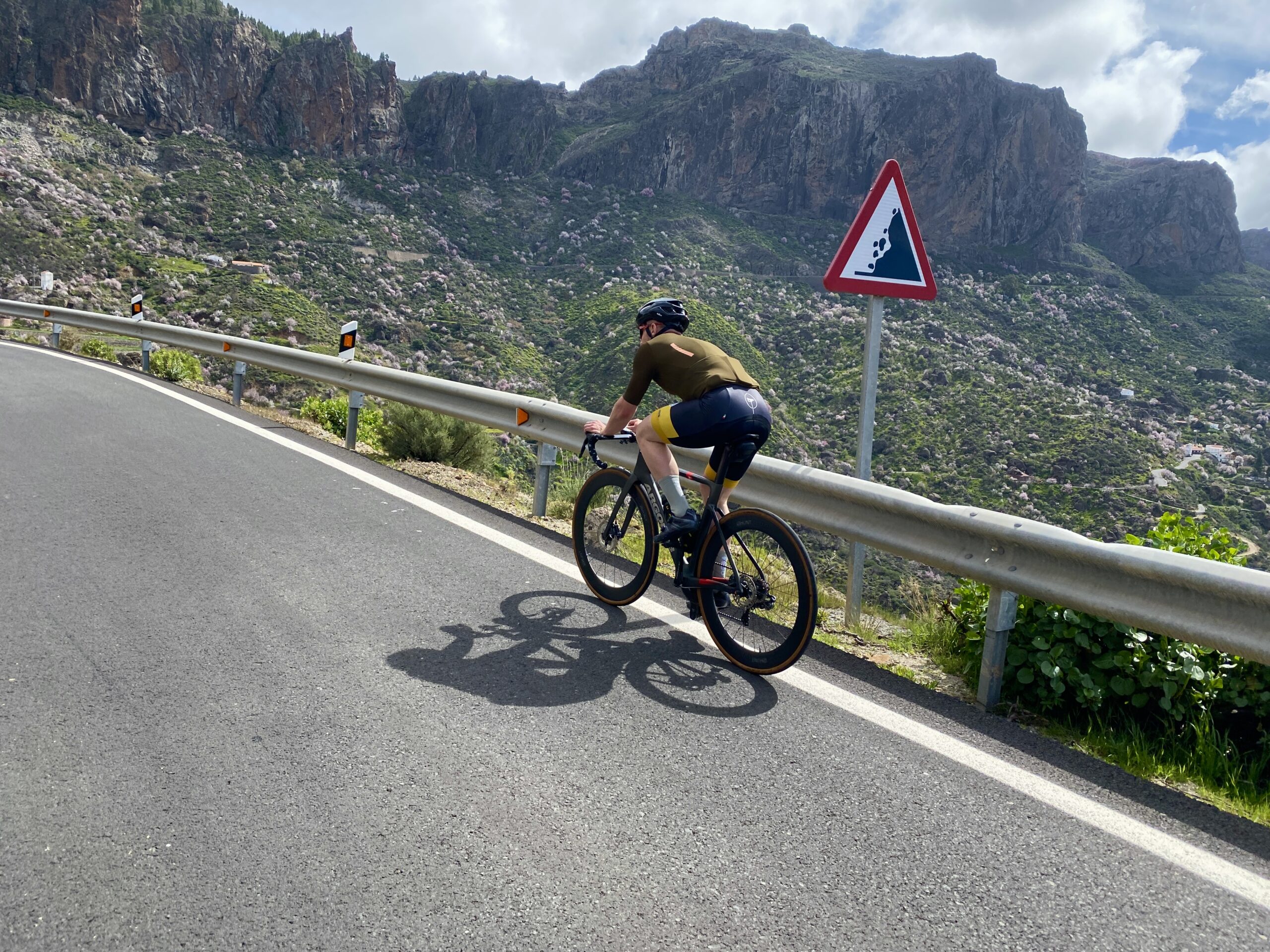
Pace Yourself
One common mistake when riding uphill is going too hard too early and blowing up before the top. Instead, adopt a steady pace to conserve energy for the entire climb.
For a long climb, You’re always better off starting slow and building into it. If you feel you can go faster and you’re already pushing, the increase in effort is relatively minimal in terms of wattage, so be careful not to overdo it. For short UK climbs, provided you have fuelled well enough, you can give it a load of welly from the bottom and ‘hold on’ over the top where you can then recover. Let me reiterate, there is nothing worse than blowing up at the bottom of a long alpine climb. Recovery uphill is difficult, especially when you’re faced with a load more KM’s of ascent.
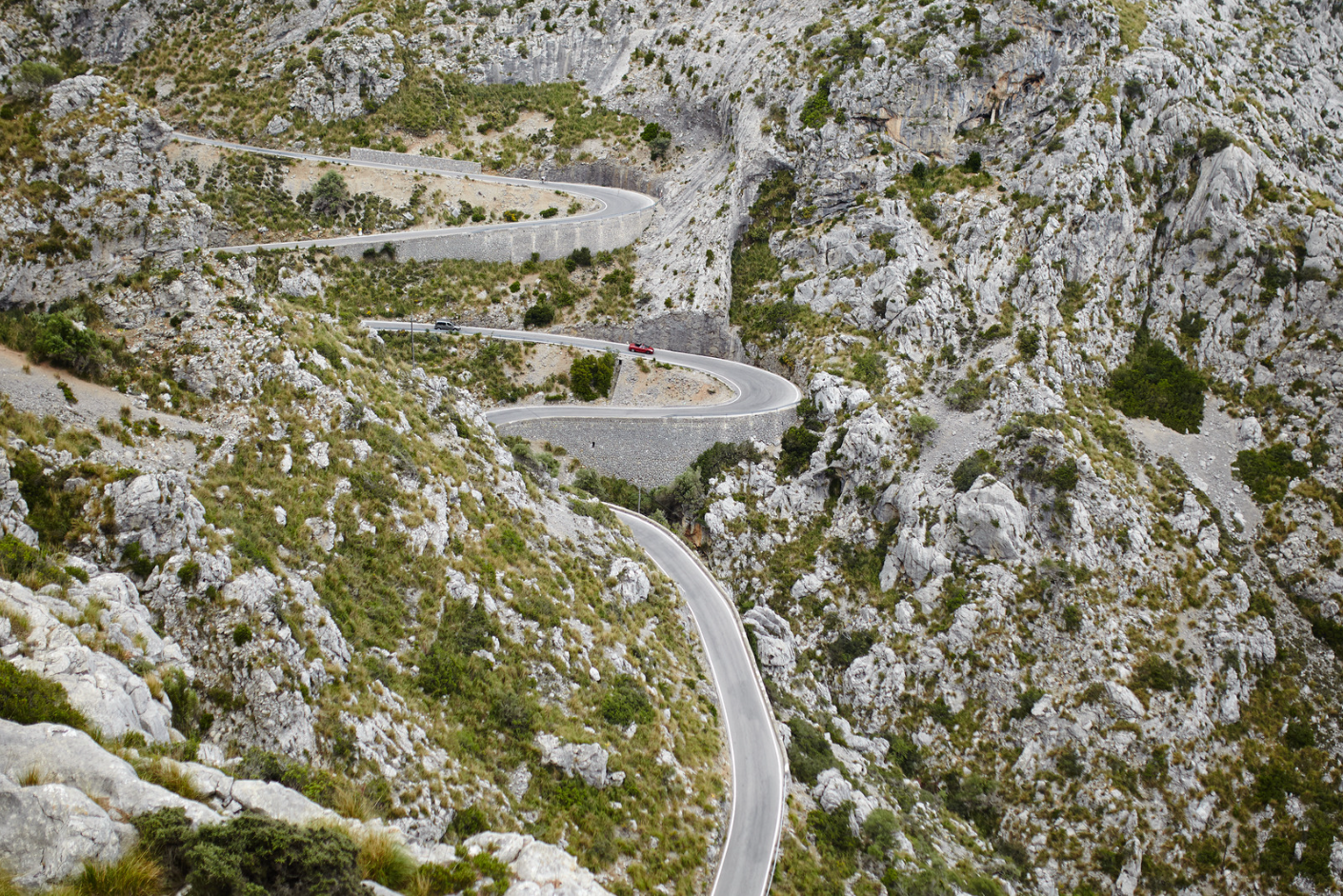
Enjoy the ride!
It doesn’t matter what level of rider you are, we all suffer at some point when going uphill-even the pros do, albeit whilst travelling a little faster! It’s also important to remember that not everyone is going to be a natural born hill specialist, I for one am not! Play to your strengths and work on your weakness’. If you are a flat land rouleur, get out there and aim to do more hilly rides. You will soon see improvements.
If you are thinking of taking on some iconic alpine climbs or participating in a hill climb event, it’s worth checking to see if you have the correct level of insurance in place. Pedalcover offer a combined home and bicycle policy, travel insurance and also bicycle only insurance policies to cover sportives, cycle racing and cycle touring. We even cover electric bicycles with our electric bicycle insurance! If you need any help, just give our friendly support staff a call on 0800 121 4424

